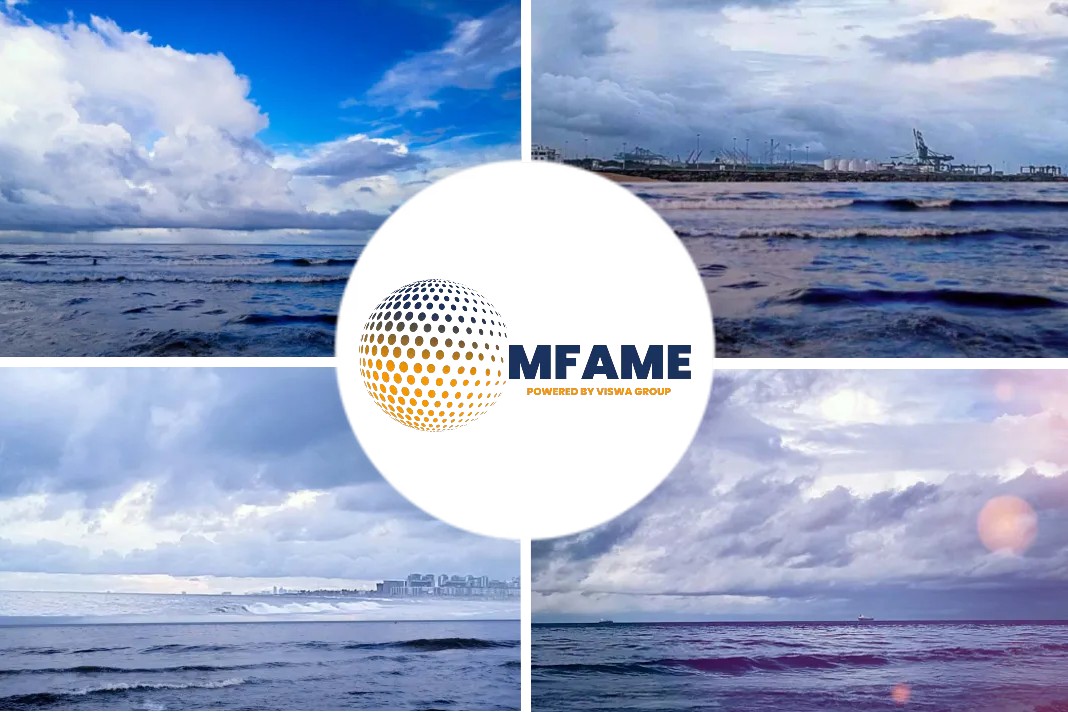- In a vote at the conclusion of the Marine Environment Protection Committee’s 76th meeting, delegates approved a measure to ban the use of heavy fuel oil in Arctic waters.
- When including waiver provisions, the ban will enter into full effect in eight years.
According to an article published in Reuters, The United Nations shipping agency on Thursday adopted a ban on the use of heavy fuel oil in the Arctic region while green groups said the regulations contained loopholes which will allow many vessels to keep sailing without enough regulatory control.
Declined Measures
The committee declined to take up measures to reduce Arctic emissions of black carbon (soot), a pollutant that accelerates the melting of ice and contributes to warming.
MEPC also declined to introduce enforceable measures to reduce total CO2 emissions from shipping, instead requesting shipowners to bring down their per-mile carbon intensity by about 8-11 percent by 2023 (initial accounts of the meeting vary). The target is substantially lower than the 22 percent reduction requested by the U.S. delegation, which voted against the measure.
Senior Advisor’s Thoughts
“As if this lack of action on black carbon was not enough bad news for the Arctic region, the package of ‘short-term energy efficiency measures’ to reduce greenhouse gas emissions agreed on by IMO Member States at MEPC 76 is as good as useless,” said John Maggs, senior policy advisor at environmental NGO Seas at Risk. “The measure contains no enforcement mechanism and the level of ambition, a 1.5 percent annual improvement, was deliberately calibrated to be the same as what has happened historically and in the absence of regulation.”
Emission Reduction Goal Pathway
According to Maggs, it would take a seven percent annual improvement in ship efficiency in order to achieve the goals of the Paris Climate Agreement.
In a statement, IMO Secretary-General Kitack Lim expressed satisfaction with the meeting’s outcome. “I am very pleased that [MEPC] has lived up to expectations and delivered short term measures that will take us towards our goals,” said Lim, addressing delegates in a closing statement Thursday. “I wish to sincerely thank you for the very robust engagement at this session . . . The path to decarbonization is a long, but also a common path in which we need to consider and respect each other’s views. We have made a considerable amount of progress since the start of our journey.”
EU Regulations Concern
Four years ago, Lim criticized the European Union’s plans to impose its own regional regulations on vessel carbon emissions, saying that an EU regulatory regime would undercut IMO’s international consensus-building efforts. He repeated his concerns about EU regulation before the start of MEPC 76, cautioning delegates that “if we fail in our quest, it is not unreasonable to conclude that we run the risk of having unilateral or multilateral initiatives.”
EU Shipping Emissions
Last year, the European Parliament voted overwhelmingly to include shipping – which accounts for 13 percent of all EU emissions – within its carbon-credit market, the Emissions Trading System (ETS). The European Commission has not yet announced specific plans for how to implement this requirement; the impact on the industry hinges on whether the EC chooses to incorporate overseas voyages in the calculation.
EC’s ETS Plan
Recent reports have suggested that the EC has been considering relatively limited measures, but the nature of its plans may change after MEPC 76, according to EU delegate Jytte Guteland. Speaking to Reuters, Guteland said that the EU “gave the IMO all the opportunity [to regulate carbon] and it was not taken.” She added that “the outcome of this conference must be a signal to the European Commission that they need to create a very strong ETS” for shipping.
The EC is expected to release its ETS plans in mid-July, and legislative implementation is scheduled for 2022-23.
Did you subscribe to our daily newsletter?
It’s Free! Click here to Subscribe!
Source : Reuters
















